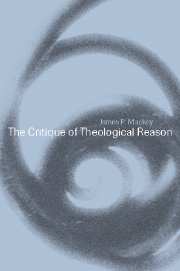Chapter 4 - Morality and metaphysics
Published online by Cambridge University Press: 22 September 2009
Summary
Modern philosophy from its inception with Descartes has been characterised by a dominant interest in knowledge itself, in epistemology, phenomenology, semiology, linguistic analysis. An adequate theory of the nature of knowledge and of its role in the continuously creative fabric of reality must understand and explain the knower and the known, for it is by their interaction that knowledge is produced, if not constituted. This insight points towards pragmatism in general or the practicalist theory of knowledge. And it simultaneously suggests a moral dimension to all knowing (and a corresponding cognitivist–realist dimension to all moral valuing). This is certainly so in so far as some of the interactive agents involved are capable of some creativity, and hence some degree of freedom from strict determinacy. But such freedom from strict determinacy is precisely what the theory of emergence guarantees. Provided only that emergence is properly evidenced, as increasingly it appears to be, and that it is fully outlined and understood, so that it coincides with the key evolutionary concept of continuous mutual adaptation of individuals, of species, and of the different defined levels in the fabric of reality.
Emergence was defined above in terms of aspects or features which ‘emerge’ at certain levels of the continuous fabric of reality, and which then can be seen to exercise a non-derivative influence upon other levels.
- Type
- Chapter
- Information
- The Critique of Theological Reason , pp. 182 - 220Publisher: Cambridge University PressPrint publication year: 2000

